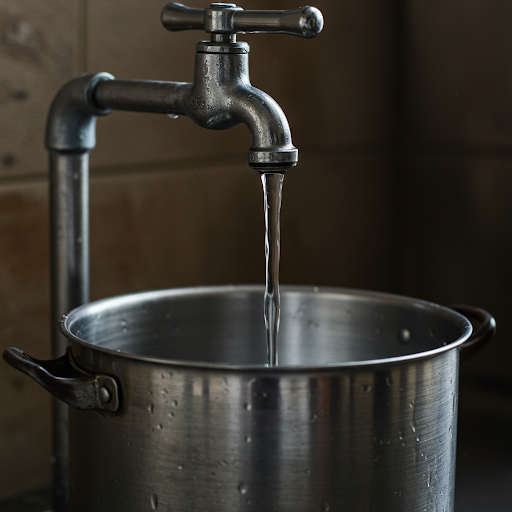Myth – Hot water always reaches boiling point faster than cold water.

The myth that cold water boils faster than hot water is a common misconception that has persisted for generations. This idea contradicts basic thermodynamics, and I’ll explain why.
In reality, hot water always reaches boiling point faster than cold water, assuming all other conditions are equal. This is simply because hot water starts at a higher temperature and therefore requires less energy to reach the boiling point of 100°C (212°F).
The confusion may have arisen from several observations that people misinterpreted:
- The Mpemba effect – This is a separate phenomenon where, under specific conditions, hot water can freeze faster than cold water. This counterintuitive effect has been scientifically documented but is often confused with boiling.
- Visual perception – Hot water often produces more visible bubbles before reaching a full boil, which might make people think it’s taking longer, when they’re actually just noticing the intermediate stages more clearly.
- Dissolved gases – Cold water contains more dissolved gases than hot water. When heated, these gases escape and form bubbles, which some people might mistake for boiling, leading them to believe the cold water is “boiling” faster.
The physics is straightforward: heating water from 20°C to 100°C requires more thermal energy than heating water from 50°C to 100°C. The rate of heating depends on the temperature difference between the water and its heat source, but the total energy needed is directly related to the temperature change required.
So why does this myth persist? Probably because it’s counterintuitive enough to be interesting, and most people don’t test it carefully in controlled conditions.